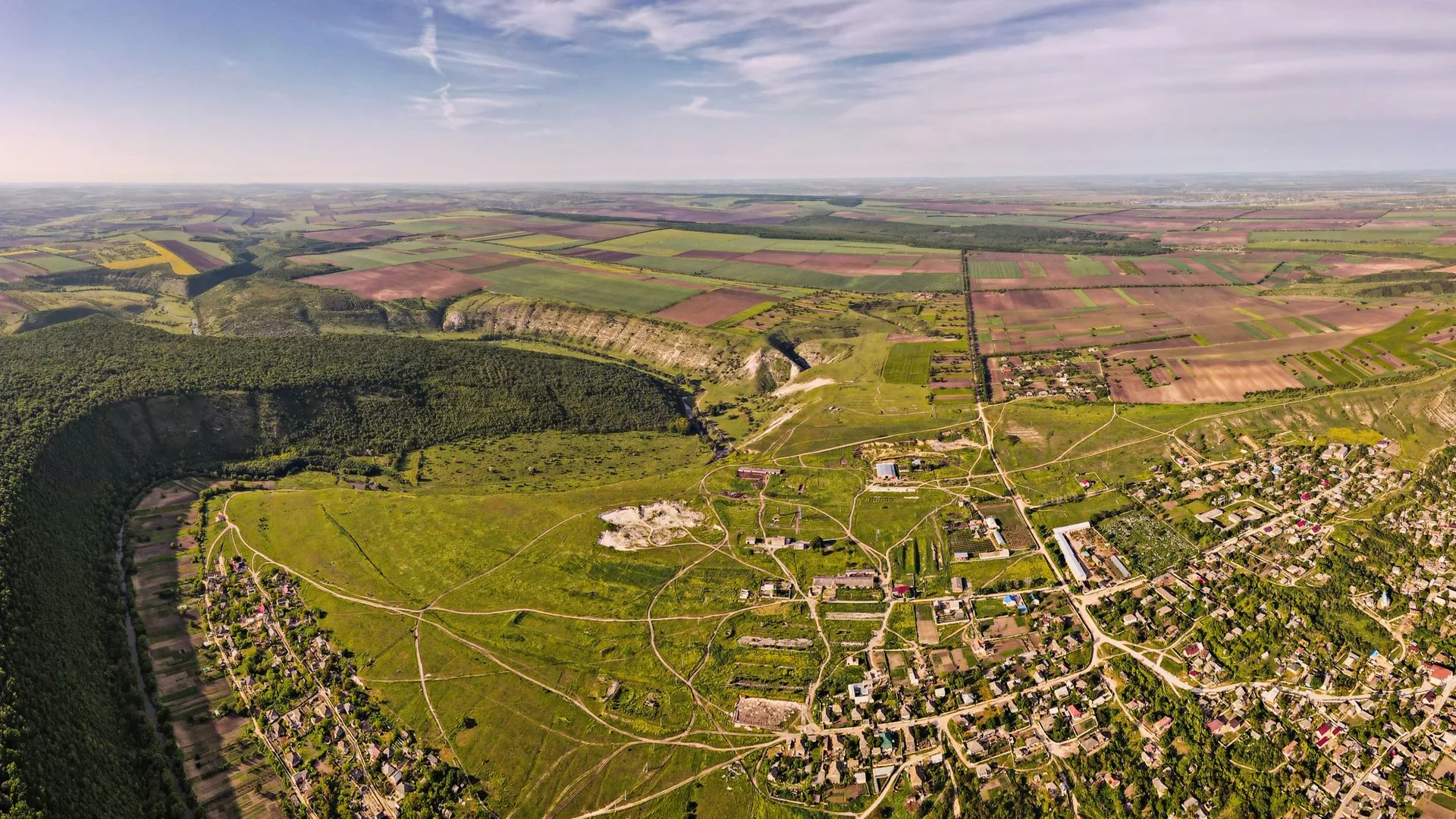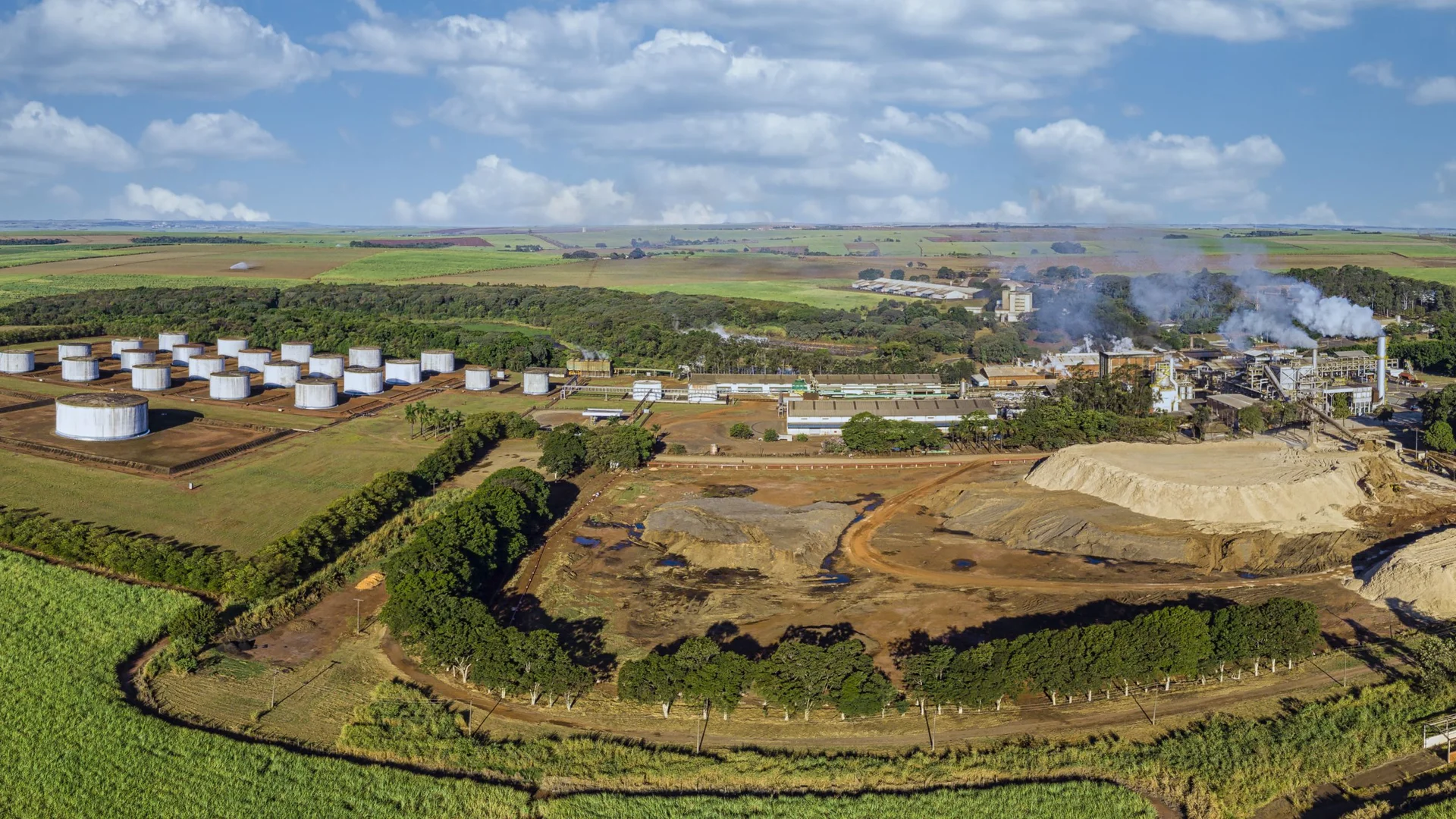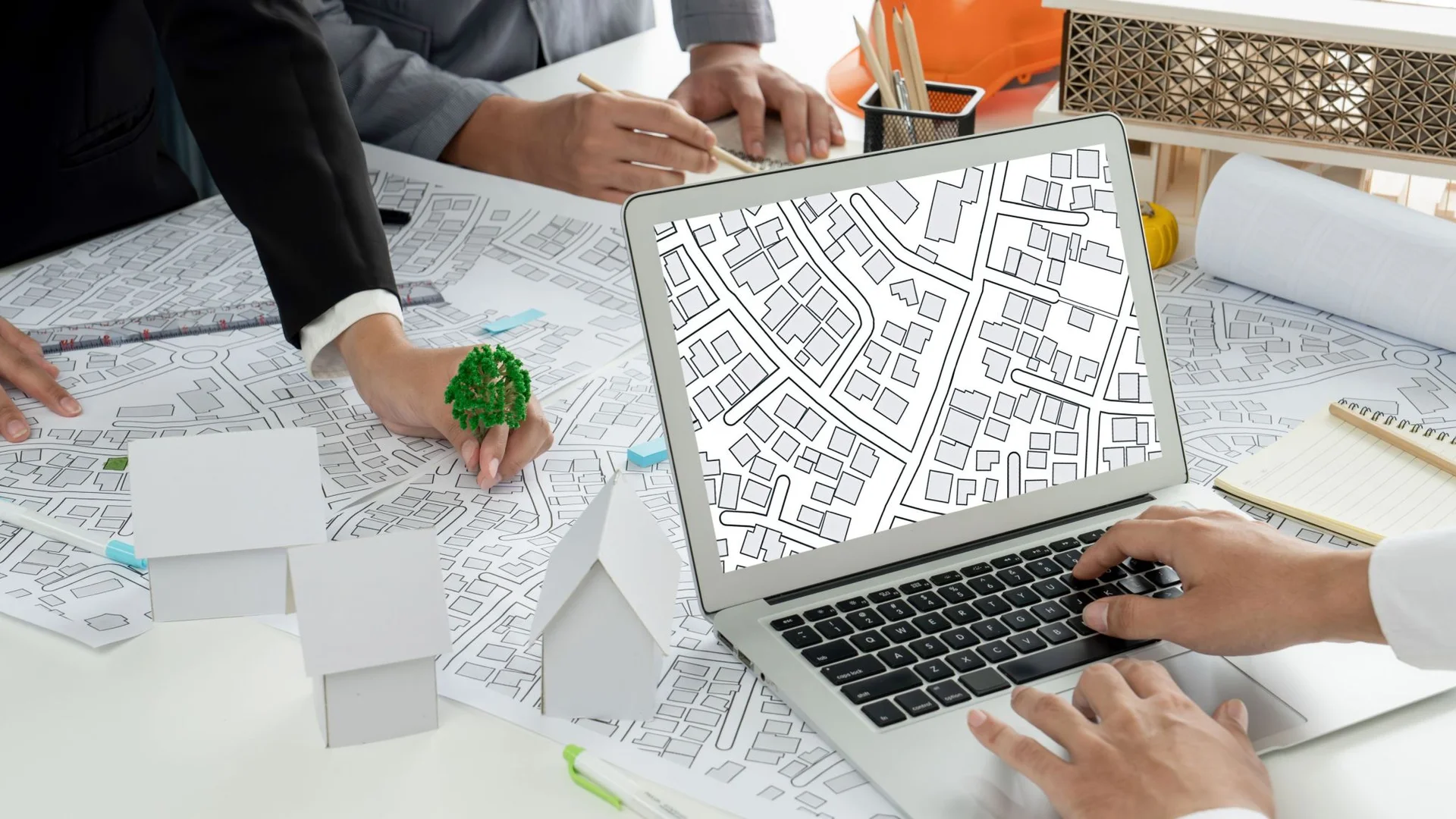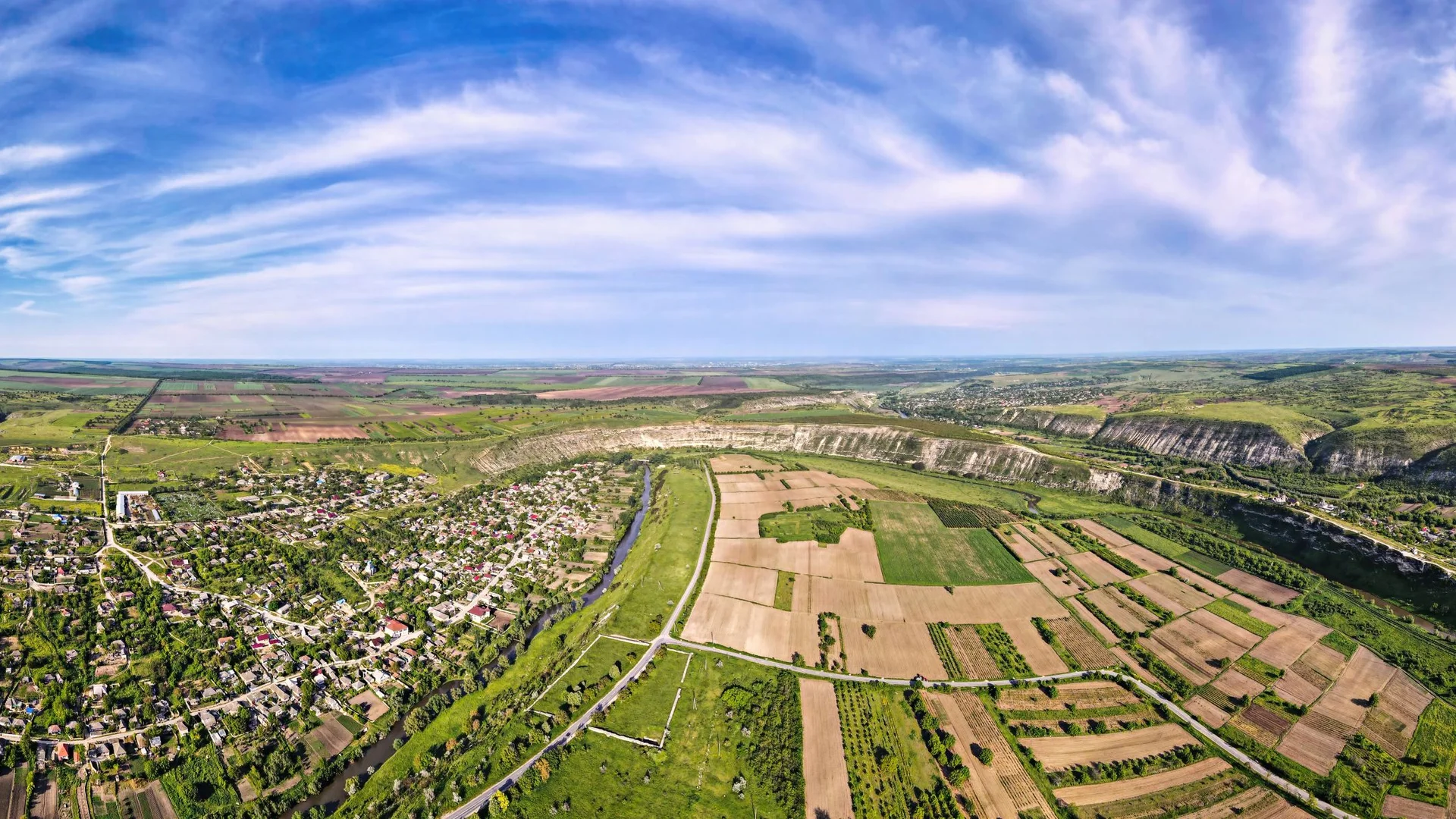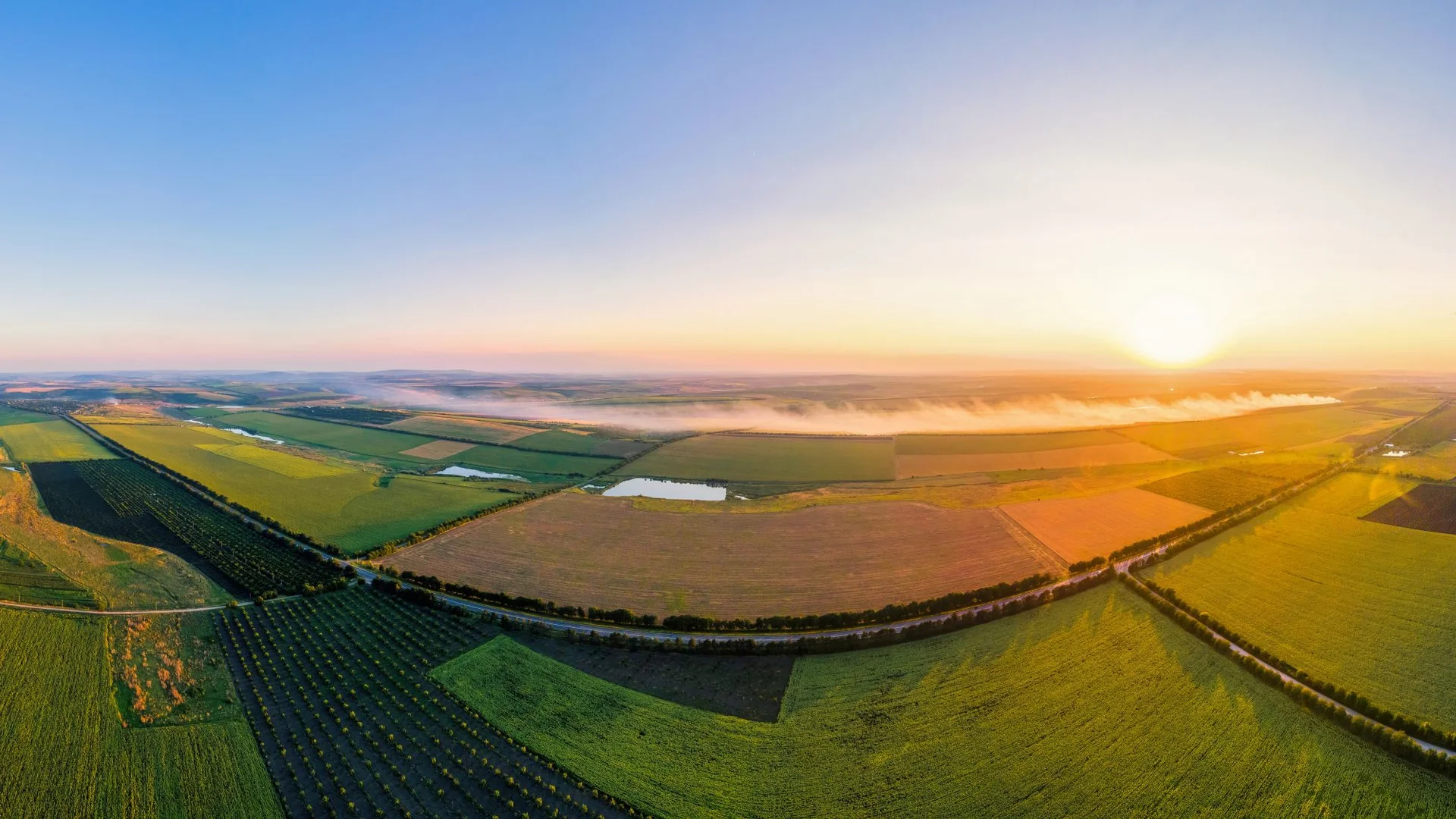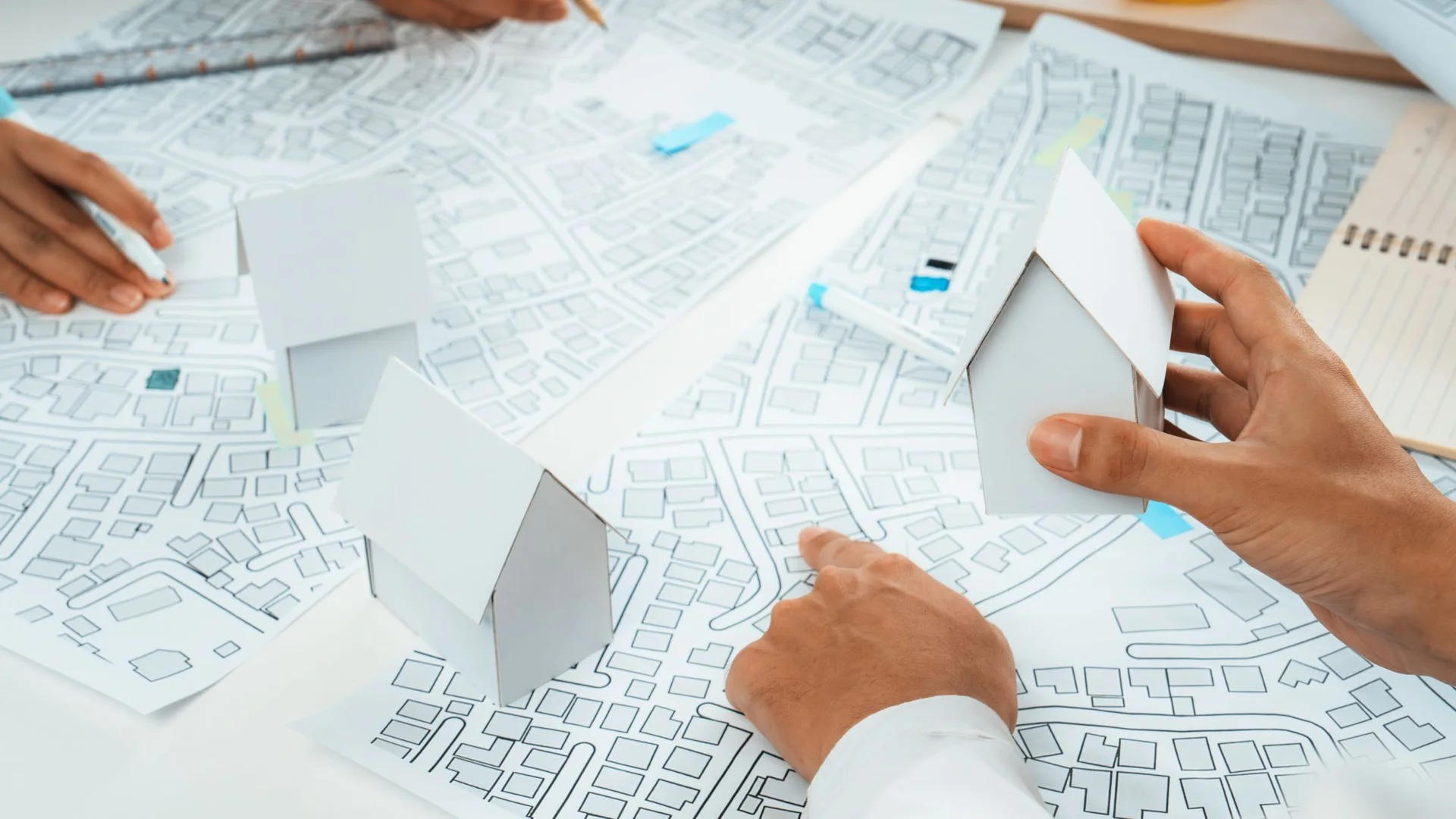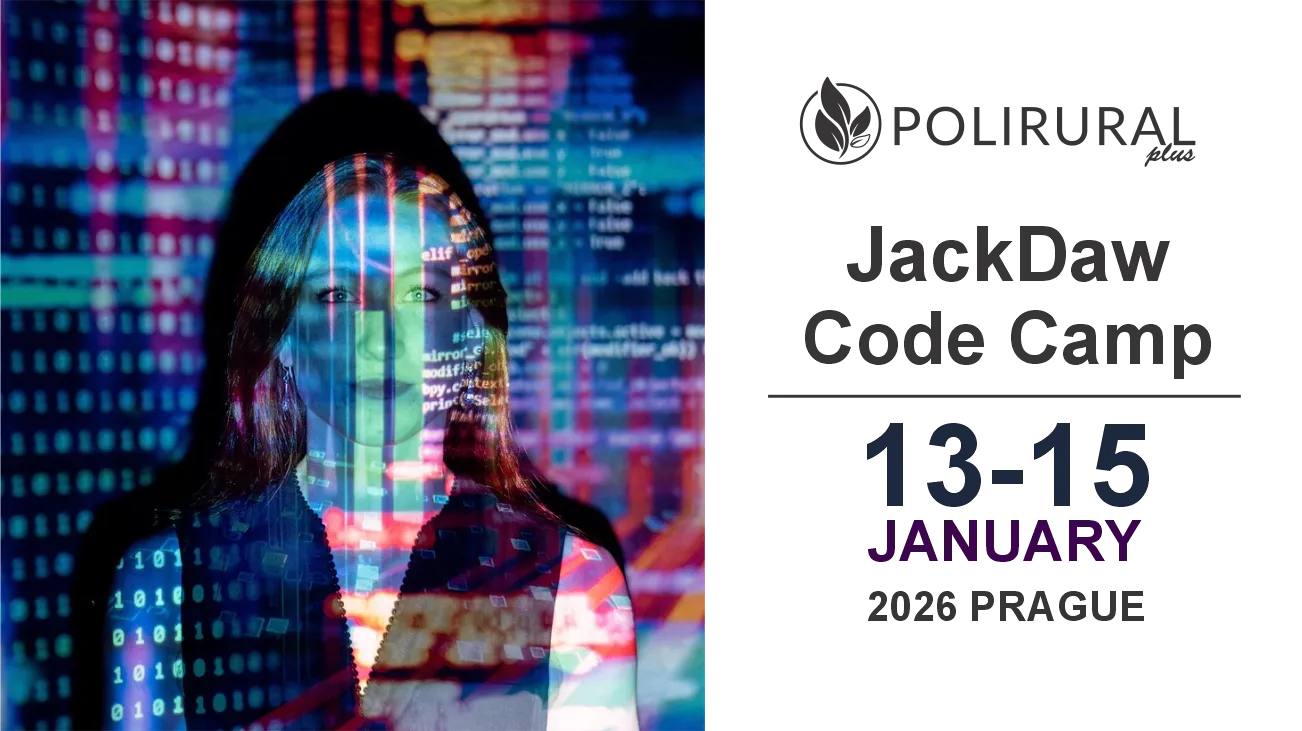Latest news
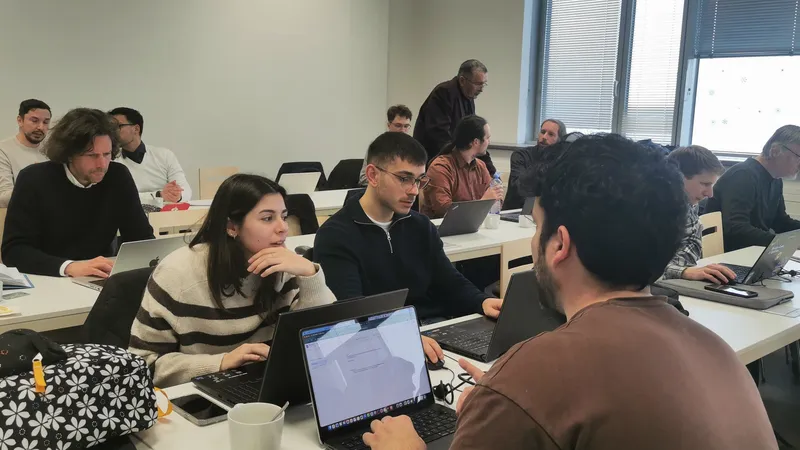
PoliRuralPlus JackDaw Code Camp 2026 in Prague
Event overviewThe PoliRuralPlus JackDaw Code Camp 2026 took place in Prague, Czech Republic, on 13–15 January 2026, hosted by the Faculty of Information Technology, Czech Technical University in Prag
Read more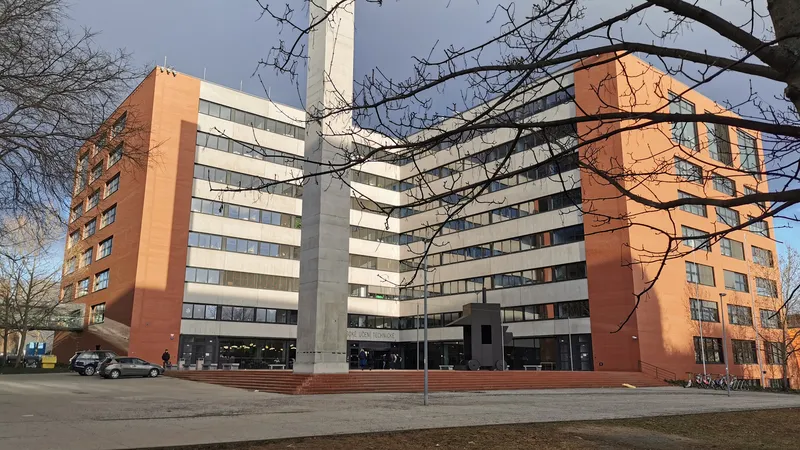
V Praze se příští týden uskuteční mezinárodní JackDaw Code Camp. Odborníci budou dále rozvíjet evropský geoprostorový AI systém pro práci s mapami a daty
TISKOVÁ ZPRÁVAPraha, 8. ledna 2026V Praze se příští týden uskuteční mezinárodní JackDaw Code Camp. Odborníci budou dále rozvíjet evropský geoprostorový AI systém pro práci s mapami a daty.Ve dnech 13
Read more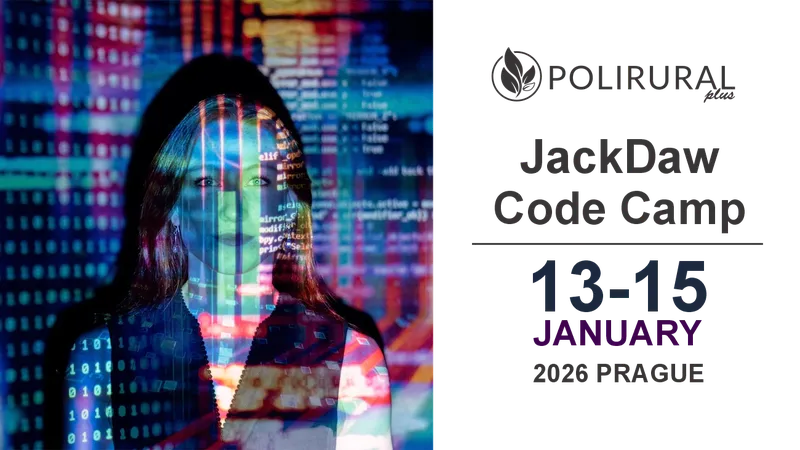
PoliRuralPlus JackDaw Code Camp 2026
The PoliRuralPlus consortium invites developers, geospatial engineers, and applied AI practitioners to the JackDaw Code Camp, taking place 13–15 January 2026 in Prague. Hosted by the Faculty of Infor
Read moreLatest blog articles
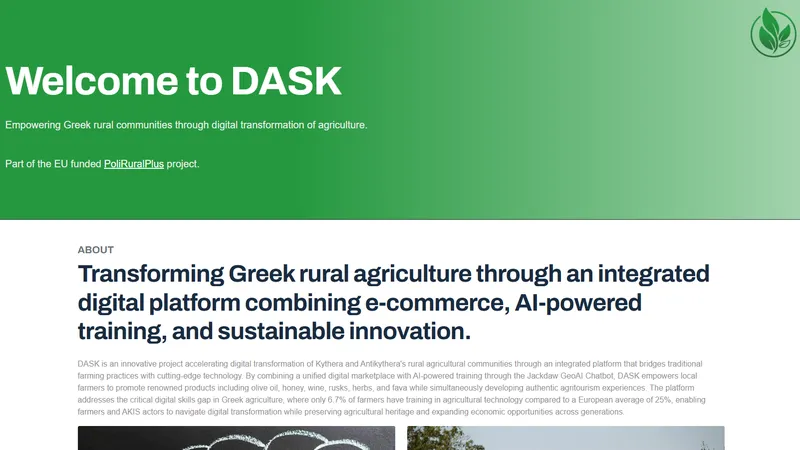
Sustainable farming in Kythera
Kythera’s agriculture has always been a balancing act between scarcity and ingenuity. The island’s land is often described as barren and low yield, yet it has supported generations of farmers and liv
Read morePeople – Place Bond: Mallusjoki and the bond between people and place
This short documentary explores the deep bond between people and the places they inhabit through the story of Mallusjoki, a rural village in Finland. The video follows the themes of place attachment
Read more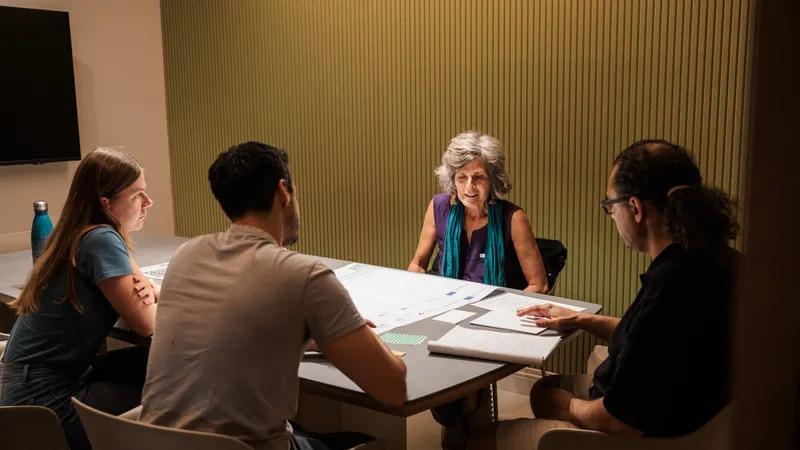
Farming with Nature – Smart Water, Smarter Communities
As climate stress intensifies, Malta’s farmers face an old problem in urgent new ways: how to grow more with less water. At the MaYA Agri-Tech Ideathon, two teams approached this challenge from com
Read morePoliRuralPlus Main aim
PoliRuralPlus extends and enriches the achievements of its predecessor, the PoliRural, by delving deeper into the complexities of rural and urban interconnectivity. It deploys a sophisticated suite of digital tools, including Artificial Intelligence, Geographic Information Systems, Internet of Things, and advanced data analytics. The project's core mission is to tackle prevalent issues such as administrative fragmentation, inequality, and inefficiencies
in public service coordination, fostering an environment of enhanced cooperation and equal opportunities across rural and urban divides. Central to PoliRuralPlus are 9 pilot projects that serve as proving grounds for an EU-wide integrated approach to territorial planning and action foresight. PoliRuralPlus ambitiously expands its scope to include the urban dimension, thus embracing a broader perspective on development.
PoliRuralPlus Objectives

To develop and implement a foresight-based framework for interregional cooperation and coordination, aimed at overcoming policy barriers and improving governance arrangements to foster integrated and smart rural-urban development strategies

To develop and implement integrated strategies and action plans that enhance the availability of business and innovation opportunities in rural areas, while promoting a more proximate, circular, and green economy and revitalising rural places through better connectivity, improved valorization of cultural and natural heritage, and stronger innovation ecosystems.

To enhance mutual access to services and social connectivity between rural and urban areas, as well as build resilience and capacity for innovation through the implementation of regional action plans and pilot initiatives.

Contribute to the implementation of the European Green Deal, with a specific focus on the farm-to-fork and biodiversity strategies, the organic action plan, the common agricultural policy (CAP), the long-term vision for the EU’s rural areas, the flagship initiative “Research and innovation for rural communities,” and the EU territorial agenda for 2030.

To enhance cross-disciplinary collaboration and leverage the full potential of European Research Infrastructures, EOSC, EU Data spaces, INSPIRE, Copernicus, DIAS, Eurostat, FAO, and other relevant data sources for integrated rural-urban development.
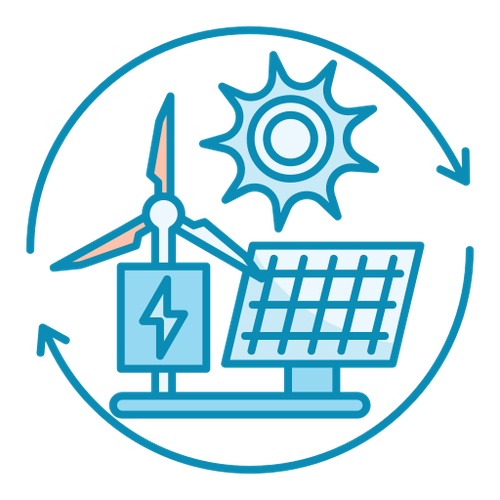
To facilitate mission-oriented experimentation and innovation by leveraging data-driven decision-making, collaborative analysis, and system dynamics to advance the development of a well-being economy based on proximity, circularity, green economy/society, services, culture, landscape and heritage, and mobility.

To create synergies with the New European Bauhaus (NEB) and other EU-funded projects, facilitating ideas flows from urban to rural settings and vice versa.
